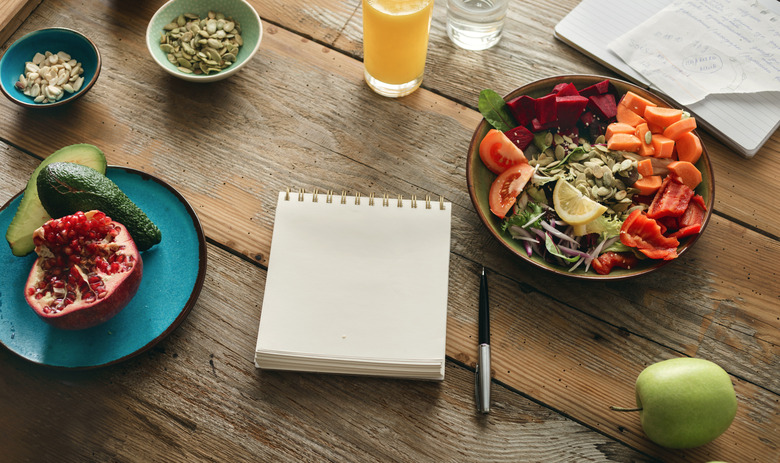Food Logs: How They Can Help You Feel Better
Keeping a food log is like journaling. Instead of writing about your day, though, you're writing about what you're eating. It's a great way to stick to a diet, get to the root of food intolerances or gauge your energy levels and mood.
Heart Healthy Foods to Add to Your Diet
Food is medicine. We need it for fuel, not just for energy, but also for functional chemical processes in the body that regulate our mood and overall health.
Think about the last time you ate fast food. It's fried, loaded with refined sugars and low in nutrient density. You might have noticed that later in the day, you felt tired or sluggish. Now think about a time when you ate eggs and whole-wheat toast for breakfast with a serving of avocado slices. You probably felt energetic and more focused.
The purpose of noting which foods either do or don't make you feel good is to help you plan out more wholesome meals. If you notice that your mood is happy and you had enough energy for a workout at the end of the day after eating a bowl of brown rice, chicken and broccoli, you might begin incorporating those foods into your diet more often, fostering a healthy habit.
Conversely, you might notice that every time you eat broccoli, you feel bloated. Perhaps your body doesn't respond well to raw vegetables, and you find that cooking the broccoli doesn't have the same inflammatory effect.
Here are the things you should track every day: time you ate, what you ate, where you ate, how long it took to eat and what you were doing while you ate.
Maybe you notice you eat many snacks or big meals late at night. This could contribute to weight gain. Do you eat really fast? Maybe your digestion is out of whack and you need to slow down and take one bite at a time. Do you eat on-the-go? Maybe next week try eating at your kitchen table for one meal a day and see how that changes your digestion. A great place to start if you're making some major changes will be with the 50 best foods for weight loss.
